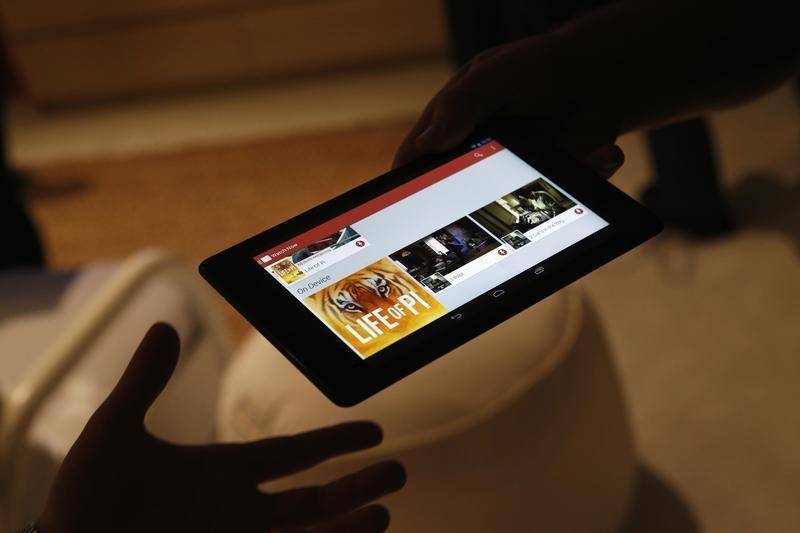There are 5.17 billion people that have a mobile device in the world, according to GSMA real-time intelligence data, means 66.77 per cent of the world’s population has one. Back in 2017, the number of people with mobile devices was only 53 per cent and had just breached the 5 billion mark.
Marry that data with the growing population of millennials – approximately 1.8 billion people – which accounts for about a quarter of the world’s population. This exclusive group has a strong grip on technology as they grew up using this seamlessly in their every day life. This market is now driving massive changes in the travel and tourism industry. Who does not have a mobile phone nowadays?
And how would this impact the way we travel and stay in hotels? Here are the top trends to look out for.
Mobile phones as door keys
Everything is evolving at a faster rate. In the blink of an eye, telephones or landlines have been replaced by mobile phones. Fax machines are becoming obsolete. And a function as simple as a door key has been transformed into electronic key cards. Now the hotel key card will be replaced by a guest’s mobile device.
This will make the lives of guests – especially the tech-savvy modern travellers – easier. They can get into their rooms seamlessly with their own mobile phones and plop into bed straight away after a tiring flight. This will involve NFC technology or visually scanning a code like many airports now do with plane tickets.
In-room tablets
With global warming wreaking havoc, it is high time for the hospitality industry to step up and implement ways to be more sustainable in the long term. Hotels are moving to greener initiatives to reduce paper usage. The traditional way of getting information through brochures and paper menus, are a thing of the past. All this information can now be moved to a tablet in the room and public areas around the hotel.
An in-room tablet for guests to use during their stay will be very useful. These tablets have custom tabs or menus whose rich features help in the long-term investment by reducing the usage of papers, brochures and flyers, which in turn reduces overall operating costs. In addition to getting key hotel information, guests can easily place room service orders directly from a tablet, without ever having to pick up the phone. This is due to the fact that tabs can make suggestions after a guest selects a menu option – which in turn will increase hotel revenue and make the F&B offerings in the hotel easily accessible.
Robot tech is the future
Although nothing can replace a human’s touch in hospitality and human staff are very much needed in the hotel sector, more guests are becoming independent. Self-serve is in especially for simple tasks; remote check-in and check-out options are becoming popular.
There’s a whole range of basic guest requests such as delivering whatever they need: An extra towel, a snack or a toothbrush that a robot staff can do. All in all, they’re a stand-in when their human counterparts are unavailable. That can be automated with the right technology, which frees hotel staff up for other activities that enhance the guest experience.
Fixed-mobile convergence
In the future, room phones will be elevated into an exciting hub for a larger connected experience. With the wide usage of mobile devices and applications, the guest may just need to touch buttons and have everything delivered pronto.
Imagine how easy life will be for guests. As soon as a guest arrives at your hotel he or she can pair a mobile device to the room phone, use the mobile to control the TV and the sound system, request a wake-up call after a night-out with friends, or order dry cleaning even if the guest is out of town for a travel meeting. And if a taxi, Careem or Uber is needed, it can be done so at the guest’s comfort.
Guest is king
One thing is certain – the hotel with a truly connected experience will be full of very happy, very empowered guests. The hotel industry is rapidly getting involved in rising new technologies that always help the guest to have easy check-ins. Almost all people who are visiting a hotel have mobile phones, which enable them to access the rooms directly without even passing through the reception for keys. This provides more convenience and helps to increase guest satisfaction.
Guests can directly skip the check-in line in hotels at the reception or front desk and go directly to their room. For hotel staff, they do not need to replace any lost keys, for example, since it resides in the guest’s mobile. This also helps staff to concentrate more on offering the highest service standards. This also helps guests’ loyalty to select a hotel more than once. When parking in garages, they do not need to approach the concierge and also can use elevators and public areas without a plastic key card.

